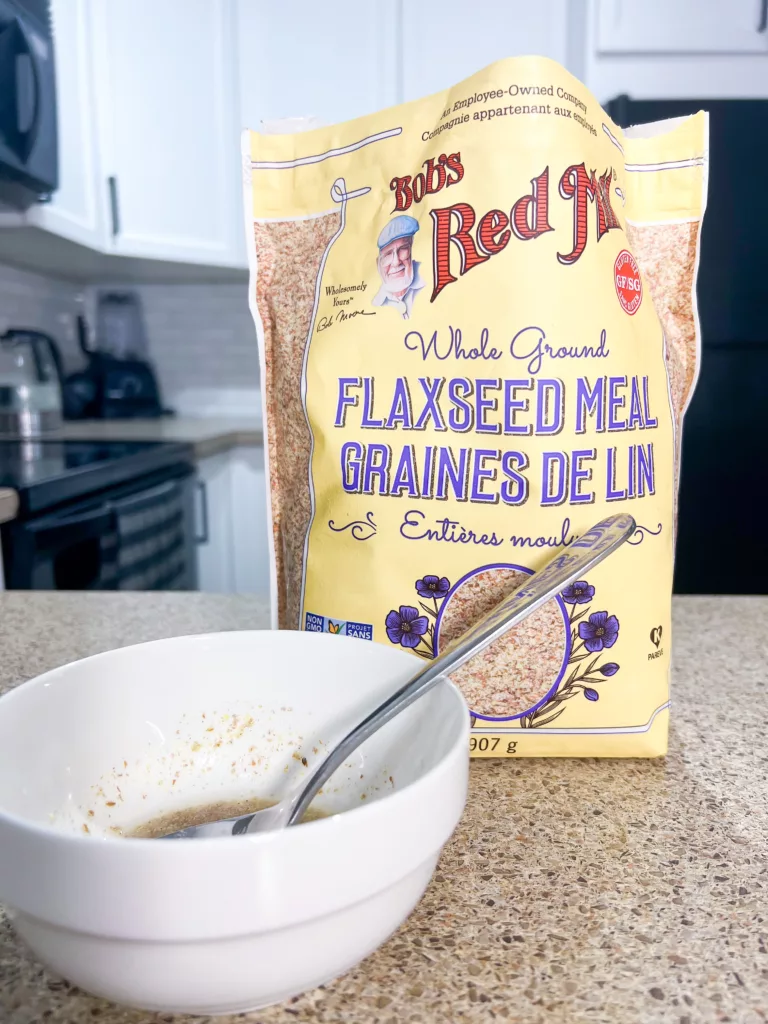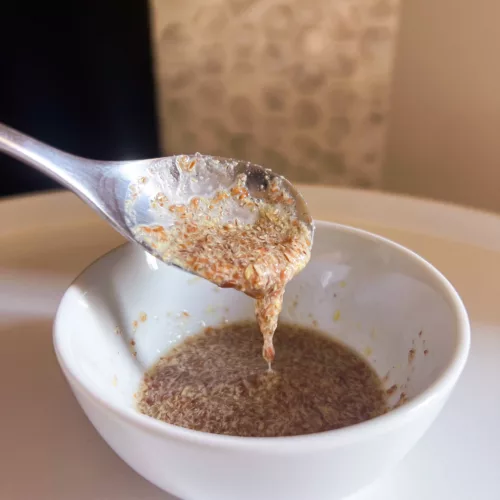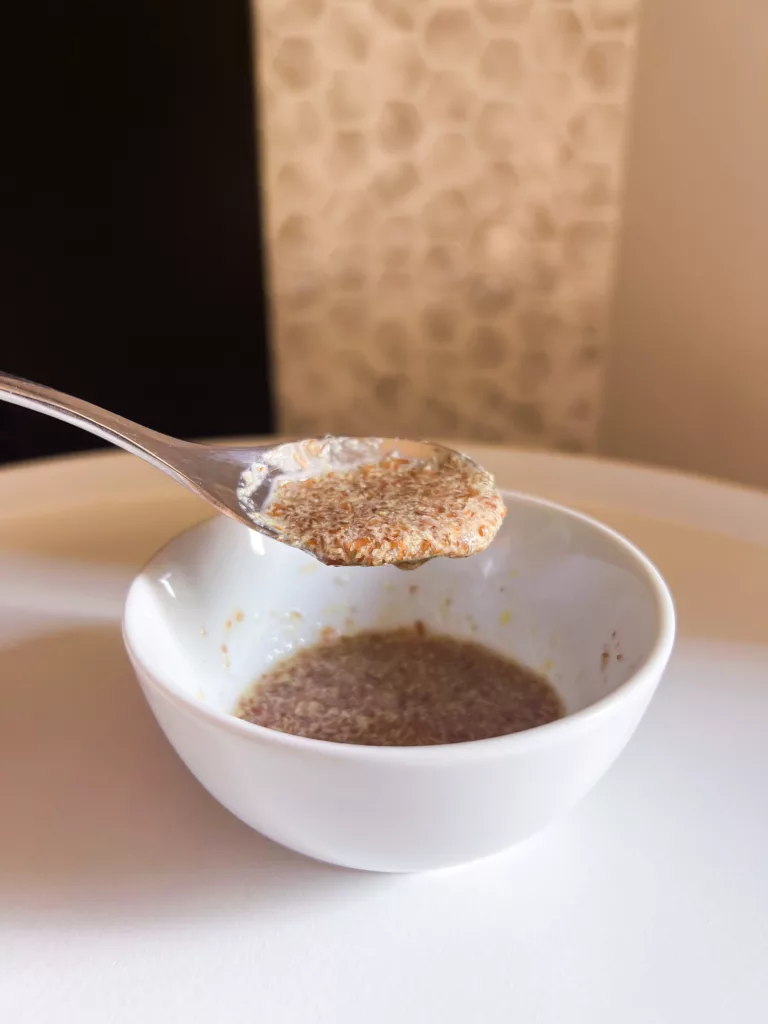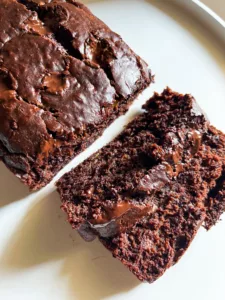Whether you’re a vegan, allergic to eggs, or simply looking for healthier alternatives in your recipes, flax eggs, and egg substitutes can be a game-changer in your culinary journey. In this article, we’ll delve into the world of flax eggs, egg substitutes, their uses, and how to incorporate them seamlessly into your dishes. Get ready to embark on a flavorful adventure that respects dietary preferences and caters to your creativity in the kitchen.
What Are Flax Eggs and Egg Substitutes?
Flax eggs are simple alternatives made by combining ground flaxseed with water. They mimic the binding and moisture-retaining properties of eggs in various recipes. Egg substitutes, on the other hand, encompass a broader range of options, including commercial egg replacers, mashed fruits, silken tofu, and more.
Benefits of Using Flax Eggs
Flax eggs and egg substitutes offer several advantages. They are cholesterol-free, suitable for vegans, and can lower the calorie content in dishes. Additionally, they are allergen-free, making them a safe choice for those with egg allergies.
Ingredients You’ll Need
To create a flax egg, you’ll require:
- 1 tbsp ground or milled flaxseed
- 3 tbsp water

Helpful Tools for Successful Egg Replacement
While the process is simple, having the right tools can make a significant difference. You’ll need mixing bowls, a whisk, measuring spoons, and a reliable timer.
How to Make Flax Eggs
- Mix the flaxseed meal and water in a bowl.
- Allow the mixture to sit for approximately 5 minutes until it thickens.
- The resulting mixture is equivalent to one egg in recipes.
Incorporating Flax Eggs and Egg Substitutes in Recipes
Flax eggs and other substitutes can be seamlessly integrated into a wide array of recipes, including baked goods, pancakes, and even sauces. Experiment with quantities and find what works best for each dish.
Tips & Tricks for Perfect Egg Substitution
- Experiment: Different recipes may require varying amounts and types of substitutes.
- Texture Matters: For binding, use substitutes like mashed bananas; for moisture, consider yogurt or applesauce.
- Flavor Consideration: Substitutes like flax eggs won’t alter the taste significantly, but strongly-flavored substitutes might.
FAQs: Egg Substitution
Flax eggs gelatinize when mixed with water, mimicking the binding properties of eggs in recipes.
Yes, many substitutes are budget-friendly and readily available.
In some cases, you might need to adjust baking times slightly; experimentation will guide you.
Mild substitutes like flax eggs typically don’t impact flavor, while stronger substitutes might introduce a subtle taste.
It’s best to prepare just before use to retain their binding properties.
They work well in most recipes that require binding.

Flax Egg Recipe
Ingredients
- 1 tbsp ground or milled flaxseed
- 3 tbsp water
Instructions
- Mix together flaxseed meal and water. Leave for 5 mins to allow the mixture to thicken.
- 1 flax egg = 1 egg in recipes.
Video
Notes
Nutrition
Conclusion: Flax Egg
Flax eggs and egg substitutes provide an array of possibilities for accommodating dietary needs and preferences without compromising on taste and texture. As you venture into the world of egg replacement, embrace the experimentation process and let your culinary creativity shine.





Perfect and straight to the point thank you!! Been hearing about a flax egg for quite some time and now I know.
Thanks Cassandra! Flax egg is always my go to replacement.
Thank you this was simple and straight forward. Always was wondering what I could use for an egg replacement. This sure works well! Didn’t even notice a difference in flavor.
You’re welcome and and thank you for the feedback and review!